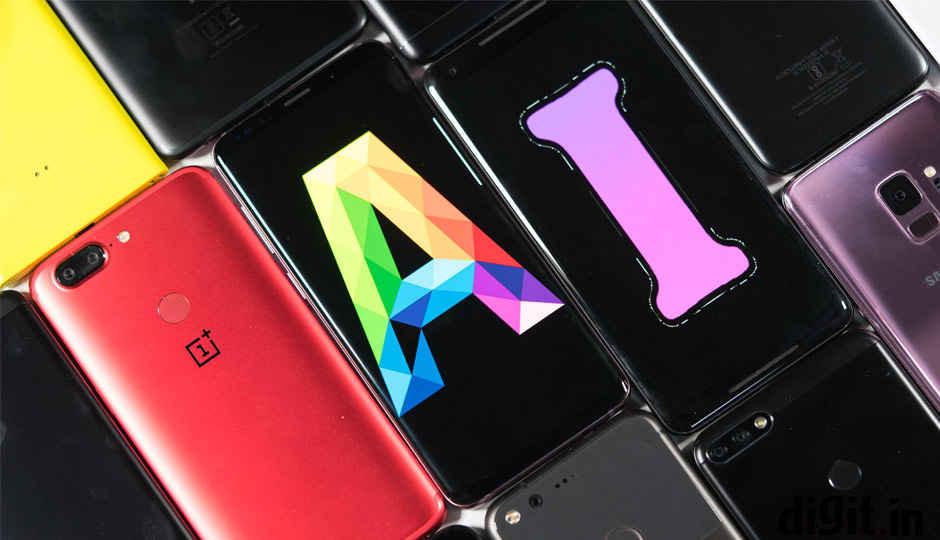Qualcomm Snapdragon 8150 could be the king of handling AI tasks on next year’s flagship smartphones, benchmark testing reveals

Upcoming flagship SoC, Snapdragon 8150 is twice as fast as the Snapdragon 845, in terms of handling AI workloads, but that doesn't necessarily mean all phones powered by the Snapdragon 8150 will be good at performing AI-tasks.
More than the core clock-speed, modern mobile chipsets are also focusing heavily on crunching heavy AI-tasks. Chipsets like the Kirin 980 from Huawei have a dedicated Neural Processing Unit (NPU) that is designed to specifically handle neural network operations and other machine learning tasks. Even Qualcomm’s Snapdragon chipsets have an AI Engine where puts the CPU, GPU, DSP and the ISP to use to crunch through AI workloads. On the other hand, Apple’s new A12 Bionic has a dual-core Neural Engine for the same tasks. While Apple likes to keep things closed and the A12 Bionic’s Neural Engine is not open for third-parties to leverage, Qualcomm, MediaTek and Huawei’s chipsets can all be objectively tested for their AI capabilities using synthetic benchmark apps.
That’s exactly what folks over AI Benchmark have done. And the results are quite startling. The upcoming Qualcomm Snapdragon 8150 which is expected to be announced in December was benchmarked by them and it beats the upcoming MediaTek Helio P80 as well as the Kirin 980-powered Mate 20 Pro by a long margin. The Snapdragon 8150 Dev Platform scored double that of the Snapdragon 845-powered OnePlus 6. The Snapdragon 8150, according to the benchmark, is the best AI-ready phone in Android space with a score of 22082, while the MediaTek Helio P80 tops off at 19453. The Huawei Mate 20 Pro powered by the Kirin 980 scored lesser than even the Snapdragon 845-powered OnePlus 6 in the test, although by a small margin.
The benchmark puts the smartphone’s chipset through 9 Computer Vision AI tasks that are performed by 9 separate Neural Networks that are supported by Android smartphones. Neural Networks by Inception-v3, ResNet V1, ResNet-12, etc. are used to determine which smartphone can crunch through popular and relevant AI tasks like face recognition, object recognition, image deblurring, semantic image segmentation and more.
While it’s really difficult to objectively rate a phone’s AI performance, studying how well a phone handles complex and convoluted neural networks is a good indicator of its performance. Ultimately, it depends on the OEM to leverage the AI capabilities to offer relevant and meaningful actions.
Digit NewsDesk
Digit News Desk writes news stories across a range of topics. Getting you news updates on the latest in the world of tech. View Full Profile




